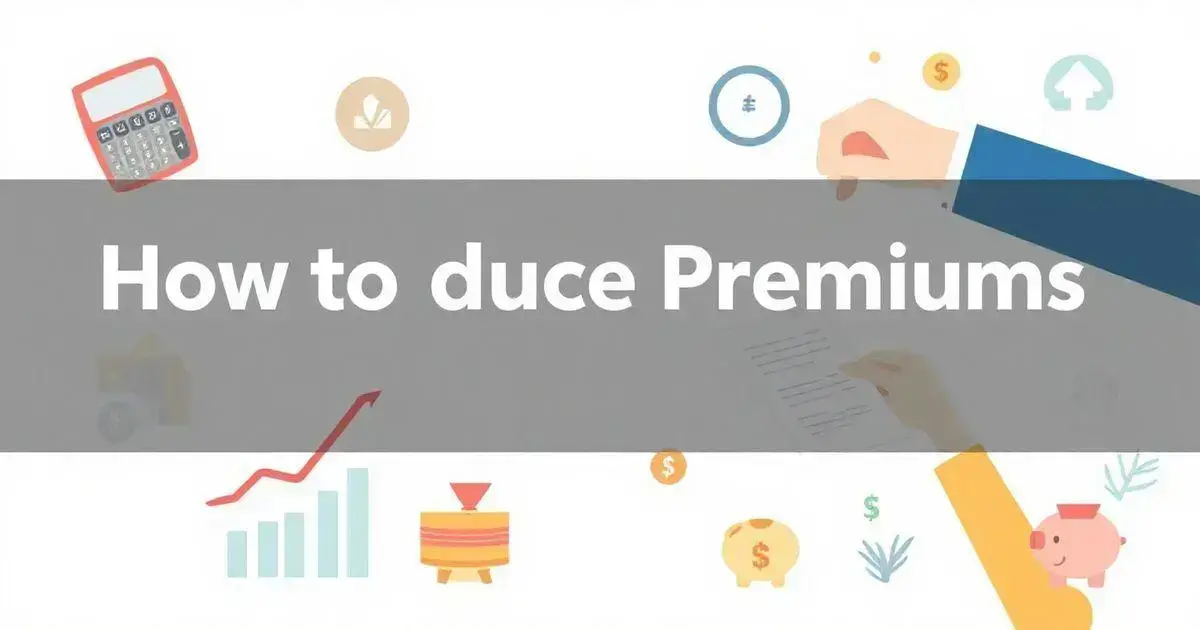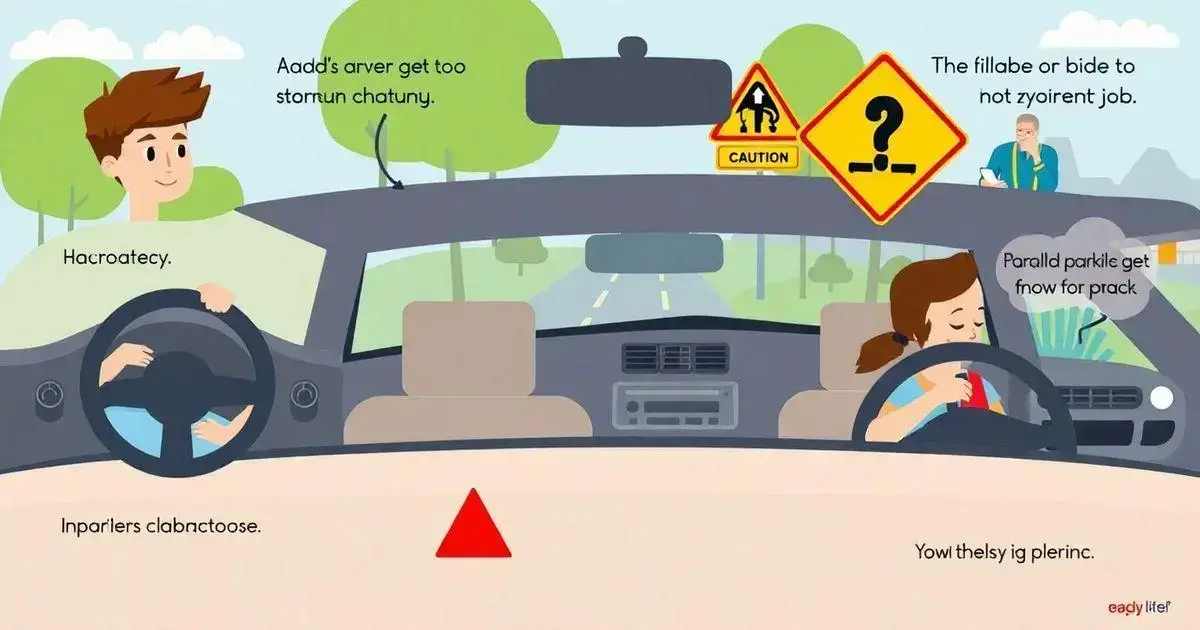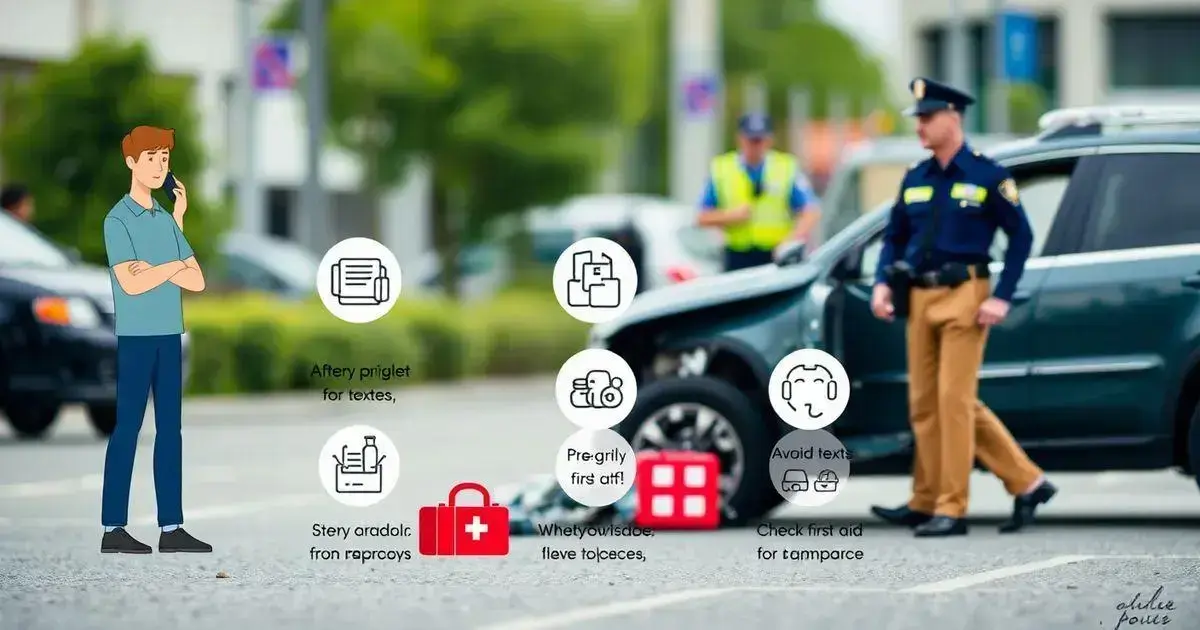Car insurance tips for new drivers are essential to make sure you’re fully covered while on the road. With many options available, it’s important to understand the basics like liability and collision coverage. Knowing what each type protects can help you choose the right plan for your needs.
Shopping around for the best rates is key, as many insurers offer discounts for new drivers. Comparing quotes ensures you get the best deal without missing important coverage.
Ready to dive deeper into how to find the perfect policy? Keep reading for more tips on saving money and selecting the best coverage.
Understanding Car Insurance Basics
Importance of Shopping Around

Shopping around for car insurance is a vital step every new driver should take. Car insurance tips for new drivers include comparing policies to find the best coverage at the most affordable rates. You don’t want to overpay for insurance, especially when you are just starting your driving journey.
Many insurance companies offer various discounts for new drivers, such as safe driving or completing a driver education course. Online quotes can simplify this process by allowing you to gather information quickly.
Remember to review the policy details closely: check for coverage limits, exclusions, and additional fees. Taking the time to shop around not only saves money but also ensures that you understand the terms of your coverage.
This knowledge is crucial for making informed decisions in case of an accident or claim. Car insurance tips for new drivers can help you avoid common mistakes and choose the best policy for your needs.
Types of Coverage Available
Understanding the types of car insurance coverage available is essential for new drivers. Car insurance tips for new drivers include knowing the key coverages, such as liability coverage, which is required by law in most places. This type of insurance pays for damages you cause to others in an accident.
Next, collision coverage helps pay for damage to your own car in case of an accident, regardless of who is at fault. Comprehensive coverage protects against non-collision incidents, such as theft, vandalism, or natural disasters.
New drivers might also want to consider personal injury protection (PIP), which covers medical expenses for you and your passengers. Uninsured and underinsured motorist coverage is another choice that protects you if you’re hit by someone without insurance.
Understanding these types of coverage is one of the best car insurance tips for new drivers, helping you choose the right protection for your needs.
How to Reduce Premiums

Reducing car insurance premiums is crucial for new drivers looking to save money. Car insurance tips for new drivers include improving your driving record—avoiding accidents and traffic violations can qualify you for good driver discounts.
Additionally, taking a defensive driving course often results in lower premiums, as it shows insurers that you are committed to safe driving. Another strategy is to increase your deductible; a higher deductible means a lower premium, but be sure you can afford the deductible in case of an accident.
Bundling your car insurance with other policies, like home insurance, can also lead to significant savings. Finally, regularly reviewing your policy to make sure it matches your current needs can help you find better rates or additional discounts.
Factors Affecting Insurance Rates
Several factors can affect your car insurance rates, especially for new drivers. Car insurance tips for new drivers include considering age, as younger drivers often pay more due to their inexperience.
Driving history also plays a crucial role; a clean record can lead to lower rates, while accidents or traffic violations can increase them. The type of vehicle you drive matters, too; safer cars often have lower premiums.
Additionally, your location impacts rates, as urban areas typically have higher accidents and theft rates. Credit history can also affect your insurance costs, with many companies using it to assess risk. Finally, the coverage limits you choose and any deductibles will influence your premium.
Understanding these factors can help you make informed decisions when selecting your policy.
Common Mistakes New Drivers Make

New drivers often make several common mistakes that can impact their safety and insurance rates. Car insurance tips for new drivers include understanding the importance of safety features in their vehicle. Choosing a car without modern safety equipment can lead to higher premiums and increased risk.
Another error is failing to compare insurance policies thoroughly. Many new drivers accept the first quote they receive, missing out on better rates or coverage.
Ignoring road signs and traffic rules can also cause accidents and violations, leading to increased insurance costs.
Additionally, some new drivers underestimate the value of maintaining a clean driving record; even minor infractions can accumulate and affect premiums.
Recognizing these mistakes can help new drivers make better decisions on the road and manage their insurance more effectively.
The Role of Credit in Insurance
The role of credit in car insurance is often underestimated by new drivers. Car insurance tips for new drivers include understanding that insurance companies frequently use credit scores to help determine rates. A better credit score can indicate responsibility to insurers, often leading to lower premiums.
It’s essential to understand that your credit history is reviewed during the underwriting process. A poor credit score may result in higher rates due to perceived risk. New drivers should not only focus on maintaining a clean driving record but also on managing their finances to foster better credit.
Paying bills on time, reducing debt, and checking for errors in credit reports are crucial steps. Being proactive about your credit can lead to significant savings on your car insurance costs.
What to Do After an Accident

Choosing the Right Insurance Company
Choosing the right insurance company is vital for new drivers. Car insurance tips for new drivers include researching customer reviews and ratings of different insurers. This helps you understand how well they handle claims and their overall customer service.
Additionally, consider the financial stability of the company. Strong financial health means they can pay claims when needed. Look for companies that offer discounts, such as for safe driving or for bundling policies.
Ensure they provide coverage options that suit your driving needs, like liability, collision, and comprehensive coverage.
Finally, don’t hesitate to ask questions about policy details and terms. Understanding what you are signing up for is essential, as it can lead to better coverage and fewer surprises down the road.
Frequently Asked Questions about Car Insurance for New Drivers
What should new drivers consider when choosing car insurance?
New drivers should compare different policies, understand types of coverage, and look for discounts.
How can new drivers lower their insurance premiums?
Improving their driving record, taking defensive driving courses, and increasing their deductibles can help lower premiums.
Why is it important to have liability coverage?
Liability coverage is required by law and protects you if you’re responsible for damaging someone else’s property or injuring others.
What factors influence car insurance rates?
Factors include age, driving history, type of vehicle, location, and credit score.
What should I do immediately after a car accident?
Stay calm, check for injuries, exchange information with drivers, document the scene, and contact your insurance company.
How can credit impact car insurance?
Insurers may use credit scores to assess risk; better credit can lead to lower premiums.
What are the benefits of shopping around for car insurance?
Shopping around helps you find better rates and coverage options while avoiding unnecessary expenses.